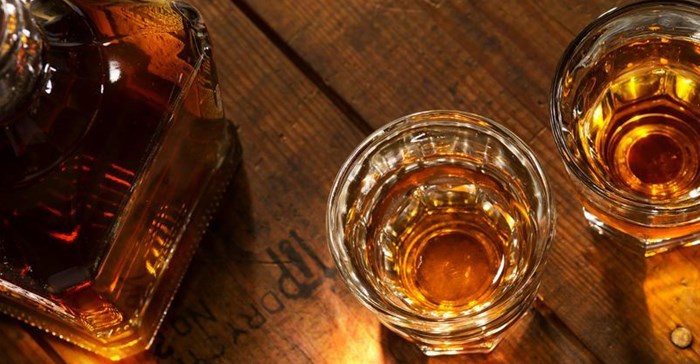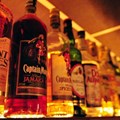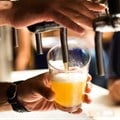South Africa's beer and liquor industry associations have welcomed the easing of lockdown restrictions as a result of the move to Adjusted Alert Level 2, effective from today, 13 September.

© Ersler Dmitry via
123RFThe Beer Association of South Africa (Basa) commented that easing of restrictions will provide some reprieve to those businesses that have survived the four alcohol bans, which forced the industry to shut down for 161 days since March last year putting just over 240 000 jobs at risk.
President Cyril Ramaphosa announced on Sunday evening that the hours of curfew will now start at 11pm and end at 4am, and on-consumption alcohol sales will be allowed 7 days a week until 10pm, while off-consumption sales are permitted from Monday to Friday between 10am and 6pm.
The number of people at gatherings has increased to 250 indoor and 500 outdoor, which the South African Liquor Brandowners Association (Salba) described as a positive step to support the recovery of bars, restaurants and tavern businesses. Salba added however that it remains concerned about the continued prohibition of off-consumption sales on Saturday and Sunday as the government has "failed to justify this decision".
Salba chairperson Sibani Mngadi said, “We have approached the Ministerial Advisory Council and government representatives at Nedlac. None of them has been able to provide any justification for this or some scientific evidence to support the decision.”
The association said the restrictions had only encouraged the illicit alcohol industry and further damaged the legitimate enterprises struggling under the weight of these irrational measures. It had also damaged the supply chain.
“The recent unemployment figures released by StatsSA that South Africa has 15 million unemployed people who cannot be ignored. It is an accumulation of unfortunate decisions to shutdown economic activities over that past year, including four total bans of alcohol sales,” said Mngadi.
Call for consultation
Basa commented that with a Covid-19 fourth wave expected to hit at the beginning of December, any recovery seen in the sector will be eradicated should another ban be enforced by government over the festive season. "With this period also being the busiest time for liquor outlets and establishments, another alcohol ban will no doubt be the final nail in the coffin for thousands of businesses and the jobs they support," the association said.
Basa, therefore, continues to call for proper consultation by government before considering any new regulations to stop the spread of Covid-19 over the coming months. "Our industry, and the over 450,000 livelihoods it supports, can simply not afford the president announcing another immediate ban on the legal trade of alcohol without any prior warning or an opportunity to properly engage with government," it said.
Improving vaccine uptake
The alcohol industry reiterated its support for public education and awareness efforts to encourage vaccination and encourage behaviours that prevent infections, such as social distancing, wearing masks, and regular use of sanitisers.
Salba CEO Kurt Moore said: “It is time to drive the recovery of the economy of our country. We need to sustain the marginal GDP growth of 1.2% announced by Stats SA last month. Critical to the sustainability of the relaxed regulations is our commitment to support the government in improving vaccine uptake.”
He said the industry’s initial focus was to support the vaccination of its employees and will be expanding to support broader societal efforts to reach herd immunity to return the economic activity to some level of normality.
“We have seen an extraordinary uptake in the vaccination rollout– as of 11 September, more than 14,7 million vaccines had been administered. We commend the Department of Health, and we are committed to supporting the efforts to expand immunisation even further through our industry infrastructure and brand properties,” said Moore.
Mngadi added that Salba members are actively encouraging their employees to take the vaccine, and will work with all stakeholders to promote the vaccine.
The Beer Association added: "...We also encourage all South Africans over the age of 18 years to get vaccinated. This is the only way we will be able to fully reopen the economy and resume our normal lives."















































